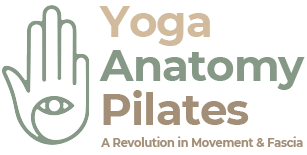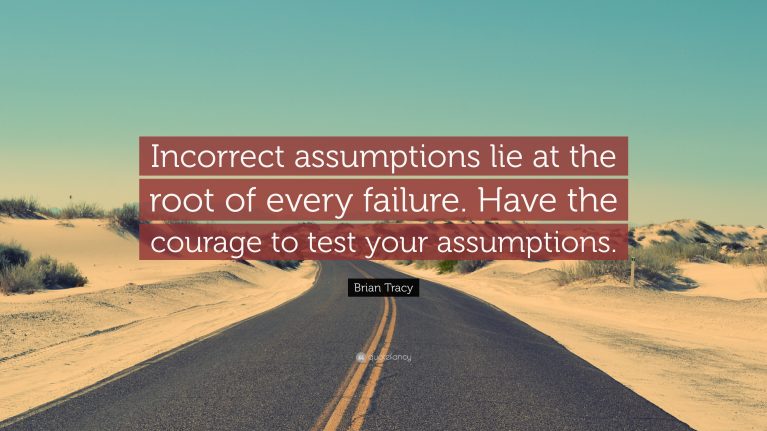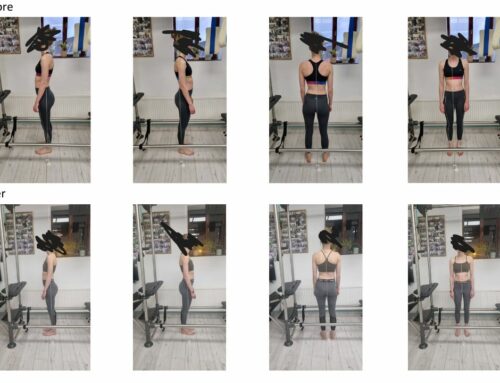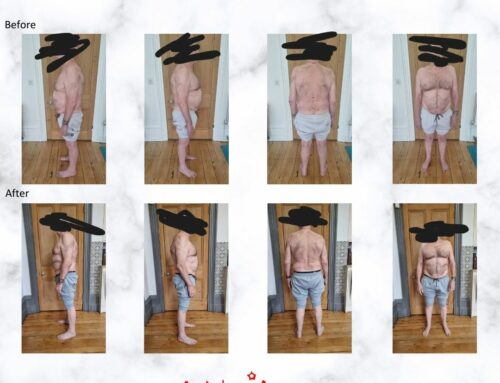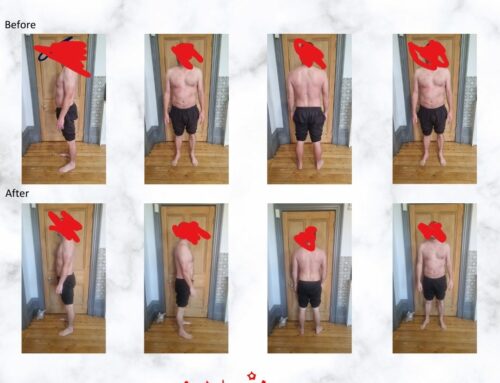My most powerful motivation comes from people who said I could not do it or that I had failed in some way, shape or form. This was the best thing ever to happen to me as they made me succeed perhaps not in the way they call success, but to aspire not just to make a living but to make a difference. Have you ever failed or given up on a diet, getting out of pain, reducing inflammation, gym membership , started a new hobby, a relationship, DIY or perhaps a job or new business venture.

The fruit of everything in life begins with challenge. No one ever said it was ever going to be easy. In Buddhist teachings we say we have to suffer in order to grow.
All pain whether mental, physical or emotional is an opportunity for growth , it’s whether we wish to see it like that. I find that most of the younger generation quit before they get started. Establishing daily, weekly, monthly dreams and goals takes discipline and consistency.
We don’t plan to fail but fail to plan.
I always listen to what clients are saying and totally understand when people are struggling to find motivation, determination, perhaps get rid of pain or a chronic injury. On top of all that we are juggling work and family life. Discipline and consistency are needed. Why is it so hard? Doing little things each day will lead to big results and changes. If we change 1% every day that will make 100% at the end of 100 days.

Anything new is scary and tough and we are are all only one decision away from having a different life, income, friends and relationships. Change your decisions and you will change everything. Having the intention to change is also about hearing our inner voice, gut instinct our inner intuition. Most of us our disconnected, and distractions take us further away from the self by looking outside in instead of inside out. We are bombarded with so many things every day through media, internet and consumerism. This is where mindfulness, breathing and meditation should come in. By practices such things can give us more balance in the central nervous system.
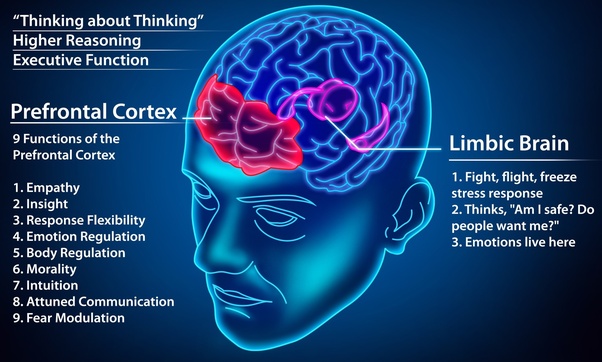
Repeated behavioural patterns and emotions are functioning from the basel ganglia.The basel ganglia are associated with a variety of functions, including voluntary motor control, procedural learning relating to routine behaviours or habits such as bruxism and eye movements, as well as cognitive and emotional functions.The prefrontal cortex is a part of the brain located at the front of the frontal lobe. It is implicated in a variety of complex behaviours, including planning, and greatly contributes to personality development.
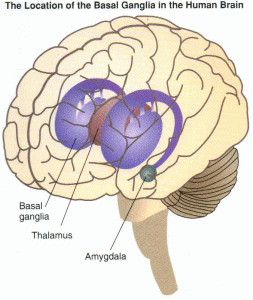
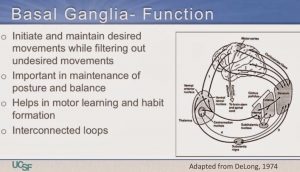
Development of the Prefrontal Cortex
Parents often joke that their children do not have the neurological capacity to behave in certain ways, and researchers are beginning to understand that, despite their adult appearance, teenagers’ brains are not yet fully developed. The development of the prefrontal cortex plays a significant role in maturation. The brain develops in a back to front pattern, and the prefrontal cortex is the last portion of the brain to fully develop. This does not mean that children do not have functional prefrontex cortices. Rather, they do not develop the complex decision-making and planning skills adults have until later in their development. Experience can play a role in the development of the prefrontal cortex, and children exposed to a variety of stimuli and challenges may develop more quickly.
Role of the Prefrontal Cortex
The prefrontal cortex is involved in a wide variety of functions, including:
- Coordinating and adjusting complex behavior
- Impulse control and control and organization of emotional reactions
- Personality
- Focusing and organizing attention
- Complex planning
- Considering and prioritizing competing and simultaneous information; the ability to ignore external distractions is partially influenced by the prefrontal cortex
Bibliography
Paul Chek Blogs
